Optimal Timing for Foundation Repairs
Understanding the optimal timing for foundation repairs can help ensure the longevity and effectiveness of the work. Factors such as weather conditions, soil moisture levels, and seasonal temperature fluctuations influence the best time to undertake repairs. Proper timing minimizes disruption and enhances the durability of the repair process.

Spring offers moderate weather and soil moisture, making it suitable for foundation repairs.

Summer can be challenging due to high temperatures and dry soil, which may affect repair outcomes.

Fall provides cooler temperatures and stable soil conditions, ideal for foundation work.

Winter may bring freezing temperatures and frozen ground, delaying repair projects.

Timing repairs during periods of consistent soil moisture helps prevent future shifting.
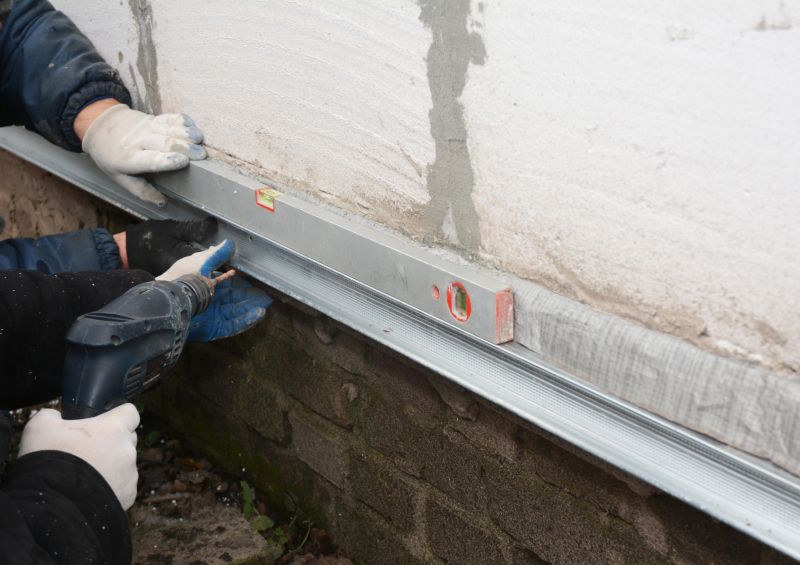
Choosing periods with predictable weather reduces project delays and complications.
Foundation repairs are essential for maintaining structural integrity and preventing further damage to a property. They address issues such as settling, cracking, and shifting caused by soil movement, water intrusion, or other environmental factors. Properly timed repairs can reduce long-term costs and improve safety.
Statistics indicate that foundation problems affect approximately 25 percent of homes in regions with expansive clay soils, which are common in Tennessee. Early intervention is crucial, as untreated issues can lead to significant structural damage, including bowed walls, uneven floors, and cracked foundations. Seasonal considerations, such as soil moisture levels and temperature, play a vital role in repair success.
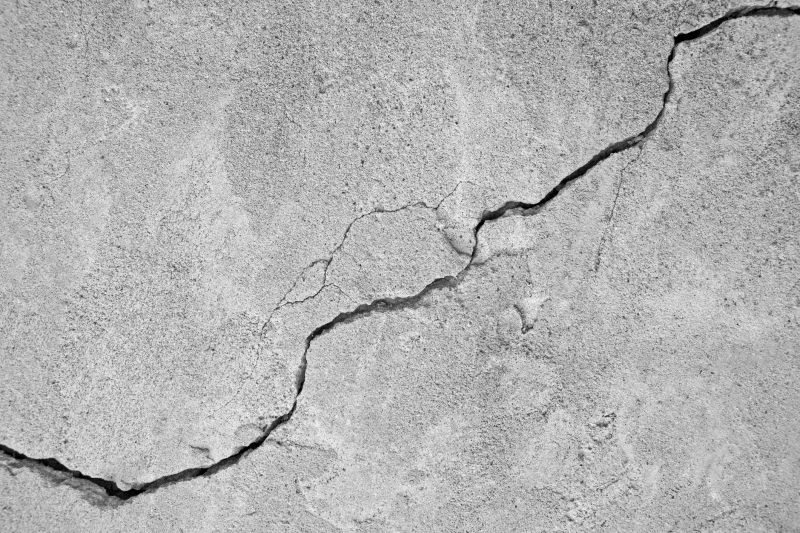
Addressing cracks early can prevent further structural issues and costly repairs.
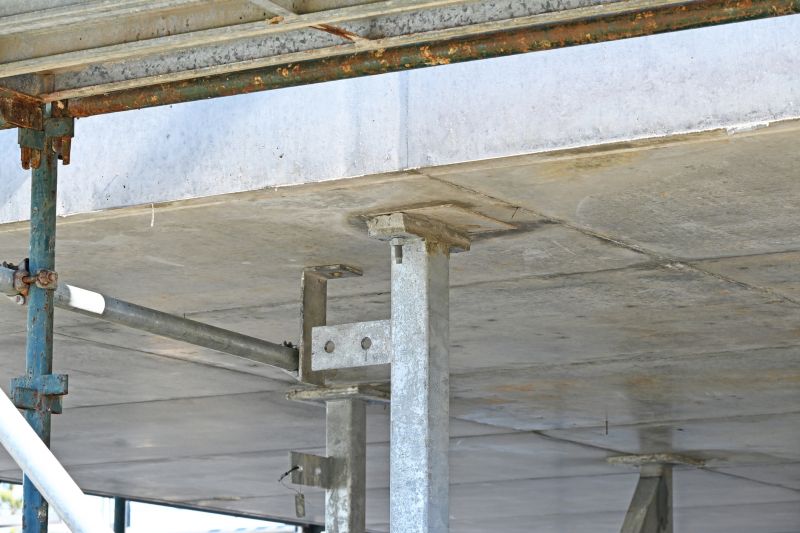
Reinforcing piers during optimal seasons ensures better stability and longer-lasting results.
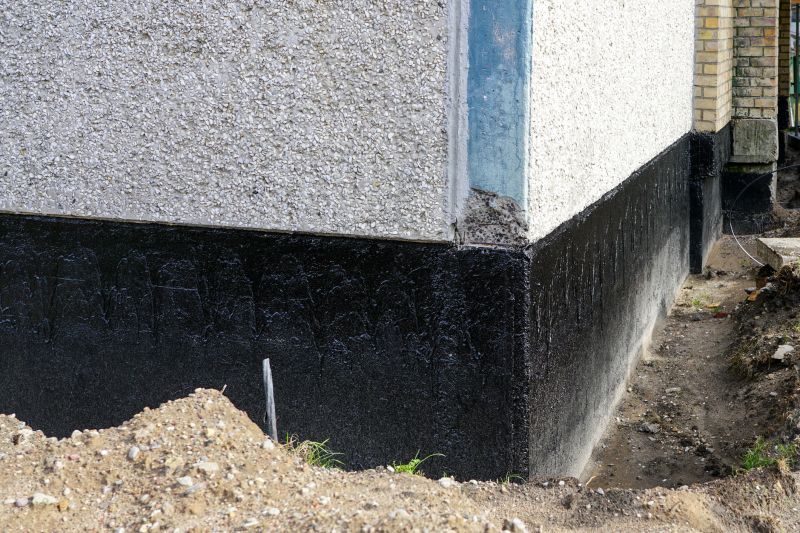
Timing waterproofing efforts before heavy rains helps protect against water intrusion.
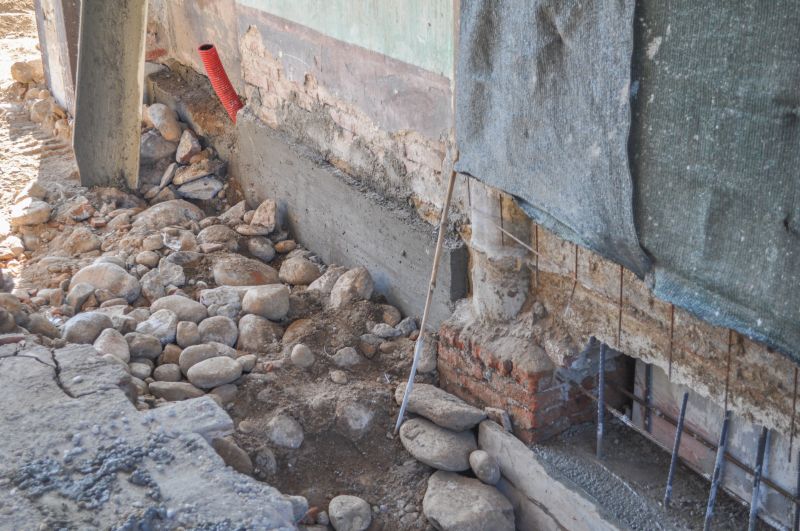
Applying soil stabilization during dry seasons enhances foundation support.
| Season | Optimal Repair Activities |
|---|---|
| Spring | Soil moisture is ideal for many repair types; moderate weather reduces delays. |
| Summer | Limited activities due to high temperatures; focus on inspections and planning. |
| Fall | Best season for most foundation repairs due to stable soil and cooler temperatures. |
| Winter | Generally avoided for major repairs; focus on inspections and minor fixes. |
| Precipitation | Timing repairs before heavy rains prevents water-related complications. |
| Soil Conditions | Choose periods with consistent soil moisture to minimize shifting. |
| Temperature | Avoid extreme cold or heat to ensure materials cure properly. |
Ways to make Foundation Repairs work in tight or awkward layouts.
Popular materials for Foundation Repairs and why they hold up over time.
Simple add-ons that improve Foundation Repairs without blowing the budget.




